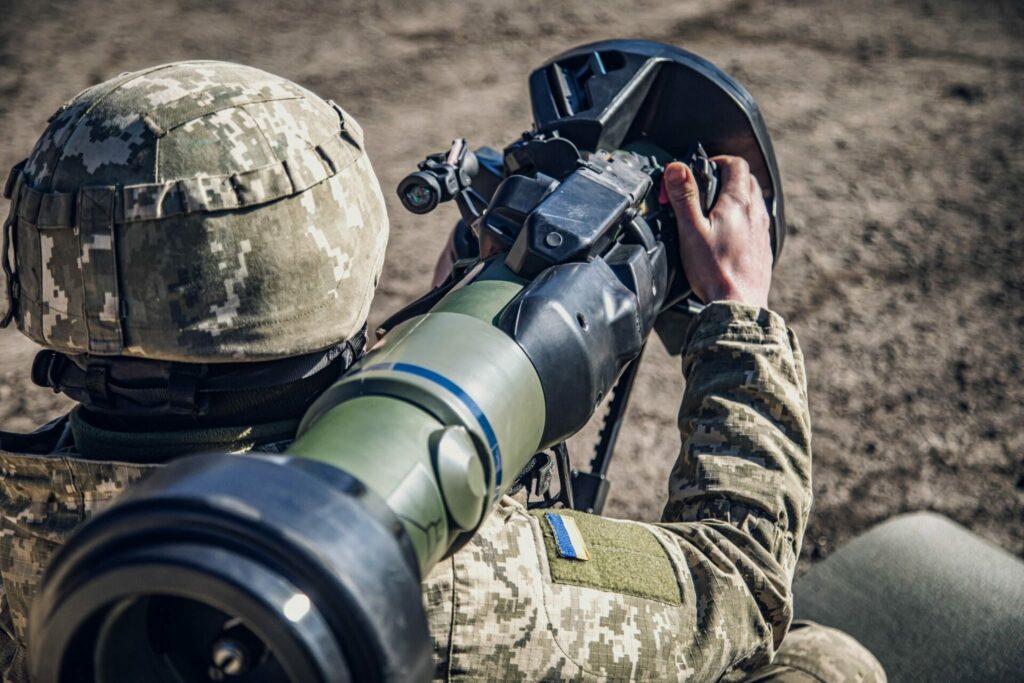Despite Prime Minister Alexander De Croo's repeated calls for Ukraine to be given the means "to defend itself against Russia's brutal aggression", Belgium has, in fact, proportionally sent far less aid to the government in Kyiv over the past year than its neighbours, l'Echo and De Tijd report.
According to a recent study by the Kiel Institute for the World Economy, a German think tank, between 24 January 2022 and 15 January 2023 Belgium sent €245 million in military, humanitarian, and financial support to Ukraine: an amount which corresponds to a mere 0.05% of annual GDP.
By contrast, France sent an equivalent of 0.07% of its annual GDP to Kyiv, while the Netherlands and Germany contributed proportionally almost three times more than Belgium (0.16% and 0.17% respectively). Out of the 40 countries which have sent assistance to Ukraine since Russia's invasion, Belgium was tied 24th with Croatia. Among EU Member States, only Hungary, Spain, Ireland, Cyprus, Malta and Romania have contributed less as a proportion of GDP.
Proportionally, the Baltic countries sent by far the most aid: Estonia contributed an equivalent of 1.07% of its annual GDP, followed by Latvia (0.98%), Lithuania (0.65%), and Poland (0.63%). The US ranked fifth (0.37%).
Different kinds of support
In terms of total aid, the US was by far the largest contributor having sent €73.1 billion since the war began. By contrast, EU Member States and the EU institutions combined contributed €54.9 billion; the rest of the world sent €15 billion. Overall, 40 countries have sent a total of €143 billion in military, humanitarian, and financial support to Ukraine over the past year.
Other than the absolute quantity of aid sent, one notable difference between American and European assistance to Kyiv is the proportion spent specifically on military aid: 60.6% (or €44 billion) of the assistance sent by the US came in the form of military support, compared to only 25.1% of European aid (€14 billion).
Related News
- Belgium officially announces 'largest military aid package' to Ukraine
- 'We need F-16s ourselves, but we can help Ukraine in other ways,' says De Croo
According to Michel Liégeois, a Professor of International Relations at UCLouvain, there are several reasons for this discrepancy: "In such an intense conflict as in Ukraine, the lion's share of Europe's ammunition supply would be exhausted in a few days or weeks," Liégeois explained to l'Echo.
"There is an economic interest on the part of the United States in proposing military aid, because it benefits the entire arms industry, to send to the front or replenish the stocks from which we have drawn. But there is also an electoral interest for Joe Biden because this type of industry weighs very heavily in some states."

